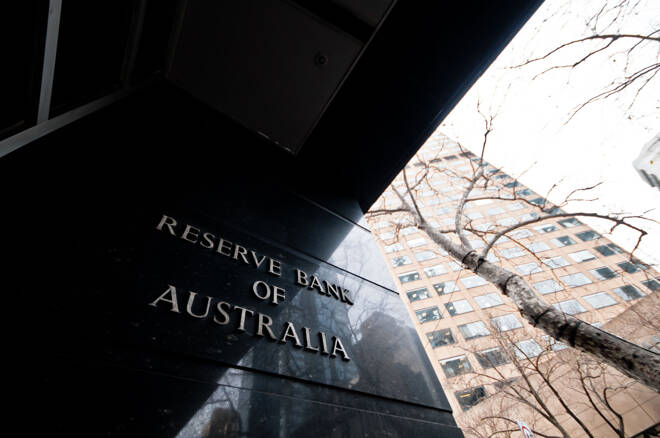Advertisement
Advertisement
RBA Meeting Minutes Raise the Prospects of a Near Term Pause
By:
RBA meeting minutes revealed discussions on pausing rates to assess the impact of rate hikes on inflation and the economy, leaving the AUD/USD in the red.
It was a quiet morning on the Australian economic calendar, with no material stats for investors to consider. While there were no stats, the RBA was in the spotlight.
This morning, the RBA released the monetary policy meeting minutes from the March 7 meeting. The RBA lifted interest rates by 25 basis points on March 7.
The RBA meeting minutes also sent a dovish message. Salient points from the minutes included,
- Members noted that inflation remained too high, the labor market was very tight, and wage growth had accelerated.
- GDP, labor market, wages, and inflation data were softer than expected.
- Members agreed that policy tightening was appropriate at the current meeting and that further tightening would be required to ensure inflation returns to target.
- However, considering an uncertain economic outlook and restrictive monetary policy, it would be appropriate at some point to hold the cash rate steady to assess the effect of interest rate hikes to date.
- Members agreed to reconsider the case for a pause at the following meeting.
RBA Governor Philip Lowe delivered an unexpectedly dovish policy outlook in early March, signaling a near-term pause. The RBA meeting minutes showed board members holding a similar policy outlook, weighing on the AUD/USD. However, the pullback was modest in the wake of the banking crisis.
Following the collapse of Silicon Valley Bank and Signature Bank (SBNY), a 50-basis point Fed rate hike is likely off the table. The markets expect the Fed to consider a 25-basis point hike to tackle inflation and a post-March pause to assess the impact of monetary policy on the banking sector, inflation, and the US economy.
The shift in sentiment has eased monetary policy divergence that had been firmly in favor of the greenback.
AUD/USD Price Reaction to RBA Meeting Minutes
Ahead of the RBA meeting minutes, the AUD/USD fell to a low of $0.67092 before rising to a high of $0.67262.
However, in response to the RBA meeting minutes, the AUD/USD rose to a post-release high of 0.67164 before falling to a low of $0.66901.
The Aussie was down 0.22% to $0.67002 this morning.
Next Up
Looking ahead to the US session, existing home sales figures for February will be in focus. However, we don’t expect the numbers to influence market risk sentiment. The Fed interest rate decision and the banking sector are likely focal points.
About the Author
Bob Masonauthor
With over 28 years of experience in the financial industry, Bob has worked with various global rating agencies and multinational banks. Currently he is covering currencies, commodities, alternative asset classes and global equities, focusing mostly on European and Asian markets.
Advertisement
